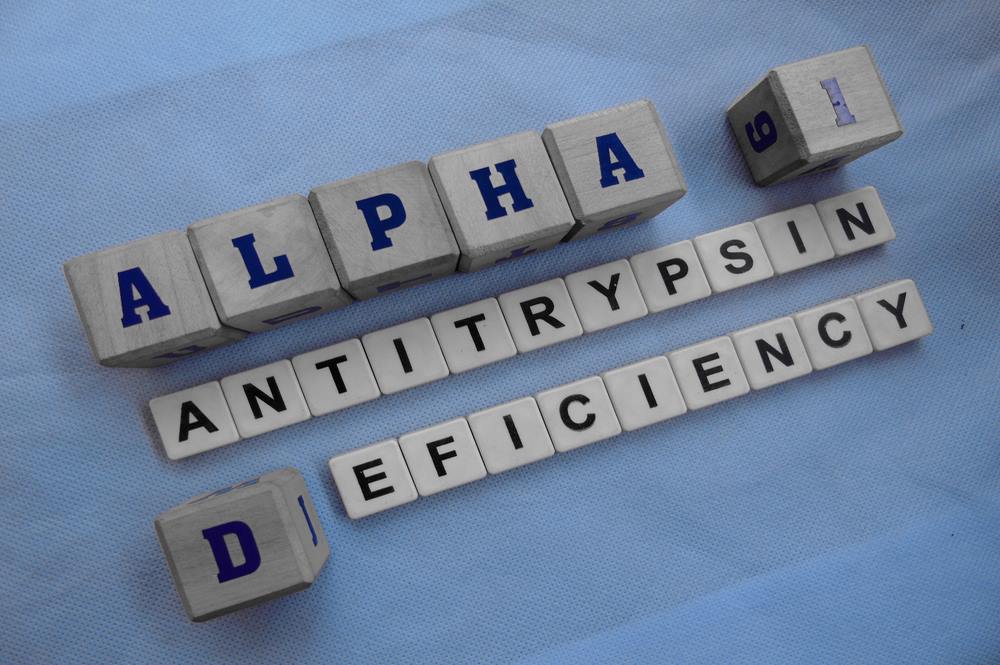Emphysema Common Causes

Emphysema is pathologically defined as an abnormal enlargement of alveolus distal to the terminal bronchioles accompanying by the destruction of alveolar walls without causing apparent fibrosis. The process of destruction of alveolar walls and the enlargement of air sacs leads to changes in air passages dynamics and reduced gas exchange that results in the impairment of progressive air trapping and expiratory airflow. [3]
The actual cause of emphysema is the damage happening to the lungs which make the linings of the tiny air sacs function improperly. Smoking and other irritants cause damage to the lungs which is beyond repair. With time, the damage to the lungs gets worse. Here is how the damage to the lungs happens:
- The fragile tissues trapping between the air sacs suffer destruction and there is formation of little air pockets in the lungs
- Air starts to trap inside these little pouches of the damaging tissues in the alveoli
- The lungs gradually get larger in size and the patient finds it harder to even breathe
There can be many causes for the development of emphysema and several risk factors also involve in leading to emphysema. However, the majority of the cases of emphysema patients in United States and other countries cause by exposure to cigarette and marijuana smoking. Although genetics might play a role in the inflammation of the body cells but there is triggering of emphysema symptoms in some patients by certain inflammatory compounds. Body cells like neutrophils, lymphocytes, and macrophages mediate the inflammatory response due to stimulation by inflammatory substances, many of which constitute of tobacco smoke.
The response of the immune system of the body leads to the disruption of elastin and other structural components in the lungs. The immune response of the body ultimately leads to the production of certain areas in the lungs that are no longer able to function properly. If a person experiences some symptoms of emphysema, the doctor will do a series of tests to check how well the lungs work. If a person is having the condition of emphysema, he is not able to empty his lungs of air as fast as he should and doctors refer this condition to airflow limitation. There are two major causes of emphysema:
AAT deficiency
Alpha-1 antitrypsin (AAT) is a naturally occurring protein which circulates in human blood. The main function of alpha-1 antitrypsin (AAT) is to keep the white blood cells from harming the normal tissues. The body needs white blood cells to fight infections. According to the reports, there are almost 100,000 people all over the United States that are born with a disease in which their bodies keep themselves from making the optimum amounts of AAT. If a person is suffering from AAT deficiency, then their normal white blood cells will destroy your lungs. The damage is even worse if a person is smoking nicotine or other stuff. With the passage of time, a lot of people with chronic AAT deficiency start developing emphysema. If a person is having AAT deficiency, they start to develop liver problems along with their AAT deficiency.
People having alpha-1 antitrypsin deficiency might be suffering from an inherited autosomal condition that leads to the increasing breakdown of elastin in the lung tissues. The breakdown of lung tissues results in emphysema. As the foreign substances and irritants barge in the air sacs in the lungs usually through inhalation, there is initiation of an inflammatory response. The immune system sends chemical signals to recruit the white blood cells to avenge the entering foreign particle. White blood cells secrete enzymes that damage the foreign particle and normally these enzymes are the protein dissolving enzymes i.e., the trypsins in order to fight off the foreign material. The human body naturally consists of enzymes that damage the trypsin when the foreign particle is no more present. In the case of the people with genetic alpha-1 antitrypsin deficiency, the enzymes continue to function relentlessly to destroy the normal adjacent lung a tissue leading to emphysema, this process is known as “innocent bystander” effect.
